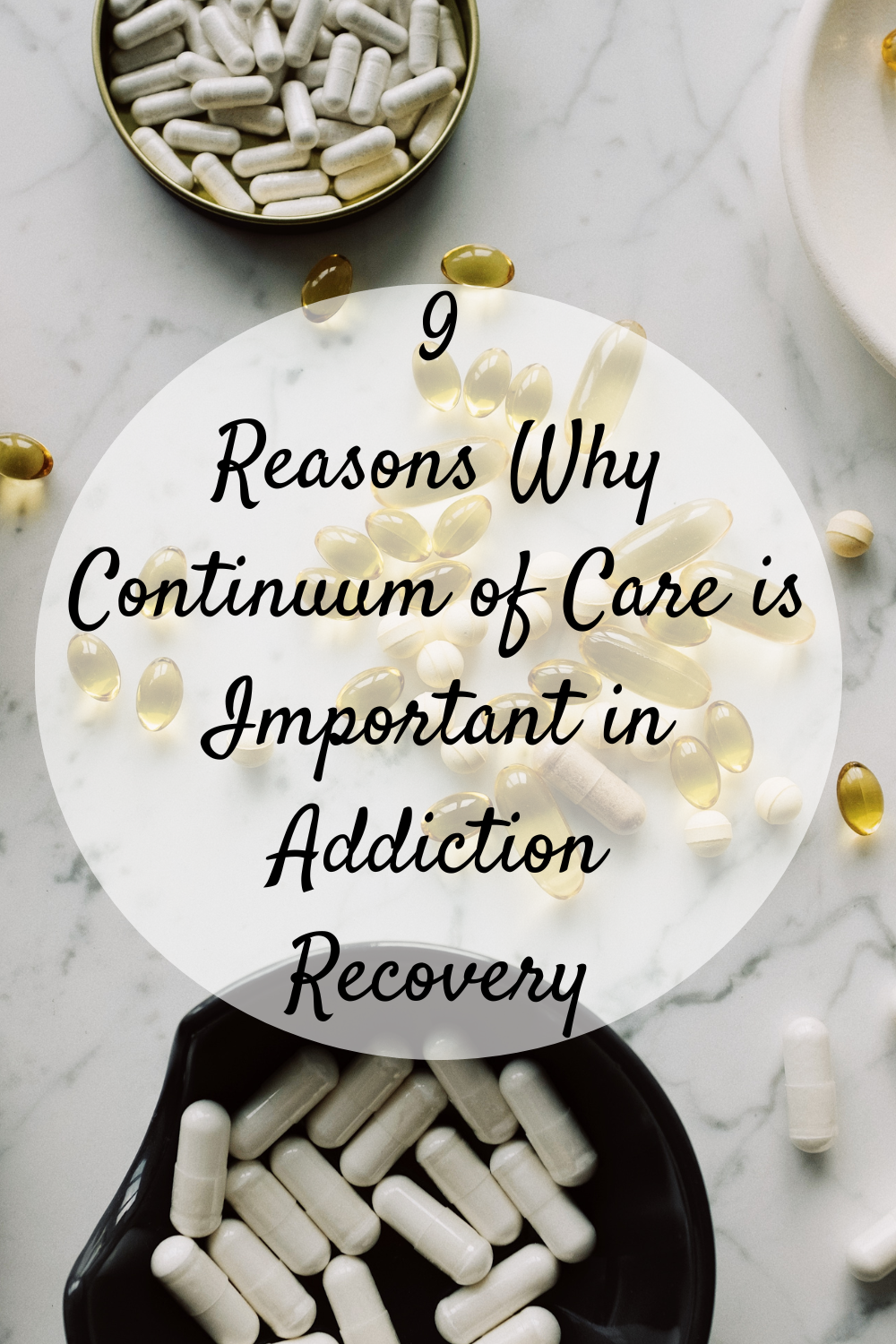

Addiction recovery is a complex process requiring sustained treatment. This need for a thorough method is captured in the continuum of care. The continuum of care is a series of steps that provide diverse degrees of treatment and support as people overcome addiction. It makes sure that recovery doesn’t end with detoxification or primary therapy but continues with long-term management to limit relapse risk and maintain sustained sobriety.
Sober living continuum care integration is critical in the recovery journey. This component helps individuals transitioning from more intensive treatment settings (such as inpatient care) receive structured support in a less restrictive environment. Sober living homes that follow a continuum of care philosophy offer ongoing therapy, support group meetings, and often vocational training to maintain sobriety as the individuals reintegrate into society.
Here are nine compelling reasons why a continuum of care is needed in addiction recovery:
One of the most incredible benefits of a continuum of care in addiction recovery is that it can reduce relapse risk. Addiction is a chronic disease with periods of relapse and remission. A continuum-of-care approach provides ongoing support and treatment adaptations as the individual’s needs change. Having a consistent source of support and accountability reduces the risk of patients reverting to old habits when challenged.
Many individuals with substance abuse disorders also have co-occurring mental health conditions, including depression, PTSD, or anxiety. A continuum-of-care model provides therapeutic interventions to address these underlying issues. In such models, treatment plans include psychological counseling, behavioral therapies, and, where appropriate, psychiatric medication management. This integrated approach is needed to treat the person and not the addiction.
Addiction recovery is not a one-size-fits-all process. Each has particular needs and circumstances that influence their recovery path. A continuum of care model customizes treatment plans based on individual stages of recovery. This flexibility in treatment allows care to match the individual’s current needs – which can change over time.
Making transitions from intensive inpatient to less intensive outpatient care or from structured living environments to independent living can be challenging. The continuum of care model supports these transitions by providing step-down levels of care that prevent individuals from being without support during recovery.
Recovery from addiction is a lifetime process. A continuum-of-care model acknowledges this and provides ongoing therapy sessions, support groups, and booster sessions as needed. These services maintain sobriety and help individuals grow personally and professionally long after leaving a formal treatment setting.
Social support is essential to addiction recovery. A continuum of care model can incorporate group therapy and peer support groups that connect individuals with others going through the same challenges. These groups build community and belonging, which can be empowering for those recovering.
A continuum of care in addiction recovery includes physical health components such as nutrition counseling, physical exercise programs, and other wellness activities. Regular checkups and health screenings also identify and treat physical health issues related to or exacerbated by addiction.
The continuum of care supports personal development beyond addiction. Participation in therapies may uncover strengths, weaknesses, and triggers. This process of self-discovery provides growth and resilience, allowing them to face their recovery with increased self-awareness and purpose.
Continuing care promotes accountability through structured support. Routine check-ins with therapists, counselors, and support groups keep people focused on recovery. It’s all about balance here – acknowledging how far you’ve come while always keeping an eye on the prize of sustained recovery and valuing clean living above all else. Recovery thrives on accountability; it’s what keeps progress genuine and ongoing.
A continuum of care model is needed for addiction recovery. It makes sticking to the path of recovery more likely while offering a helping hand throughout someone’s battle against addiction. Navigating through recovery from drug misuse hinges on accessible ongoing support. With every link in the caregiving chain firm – from initial treatment to long-haul healing strategies – professionals stand ready as guides and lifelines towards renewed life paths.
If you've ever mailed a check, you know the routine. Envelope. Stamp. Send it and…
Each time a smartphone upgrade cycle completes or a computer reaches the end of its…
If you know anything about Minecraft, you are aware of its popularity among video games…
Spring is here, the weather is getting warmer and we’re just a handful of weeks…
What if the secret to lasting health isn’t just in prescriptions, but in the way…
What transforms a house into a home that truly reflects your personality, lifestyle, and aspirations?…
This website uses cookies.